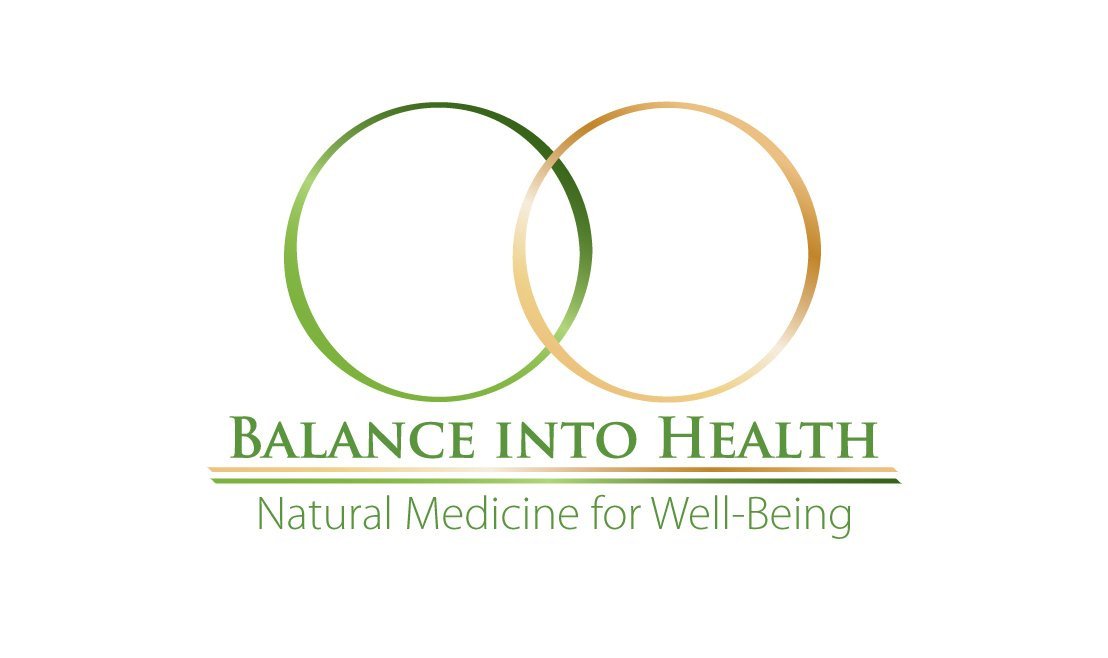No matter what you call Moringa oleifera — also known as “drumstick tree,” “tree of life,” and “miracle tree” — it's one of the most nutritious plants in the world. It has a wide range of nutritional and bioactive compounds, including essential amino acids, carbohydrates, fiber, vitamins, minerals and phytonutrients, making this plant a powerful one.
Read MoreMagnesium is the 4th most abundant mineral in the human body following calcium, sodium, and potassium. Intracellularly, magnesium is the 2nd most abundant cation behind only potassium. The number of essential roles magnesium plays in the body is extraordinary, with over 300 enzymes requiring magnesium as a co-factor for proper functioning. Unfortunately, magnesium is one of the most prevalent nutrient gaps in the US.
Read MoreBiogenealogy is a theory whose primary thesis is that illness is a response to an emotional trauma or shock experienced in a person’s life or in the life of an ancestor. What we call illness is actually a biological response to resolve a conflict. Why do we get sick? Simply put, it allows us to look at something that isn’t working for us. It’s an opportunity to change it.
Read MoreLike vegetables, fruits should be an essential part of your diet. After all, the seed-bearing foods contain important vitamins, nutrients, and fiber that contribute to your overall health. But some fruits are better for you than others, as findings from University of California, Los Angeles study suggest that grapes are especially helpful when it comes to lowering cholesterol and that consuming them may reduce your risk of having a heart attack.
Read MoreCold sores, or fever blisters, are caused by the herpes simplex virus type 1 (HSV-1, also known as oral herpes). While there is no cure, this condition can be treated with common antiviral medications such as valacyclovir or acyclovir. A supplement you might take in addition to antivirals is lysine, an essential amino acid found in protein. It isn’t produced in your body, so you must consume it via an oral supplement or through diet.
Read MoreComputerized Regulation Thermography (CRT) is a painless, non-invasive and safe way to analyze skin temperature changes that can indicate underlying issues in your internal organs. Our Balance Into Health practice utilizes the technologically advanced AlfaSight 9000 Whole-Body Regulation Thermography system which has a high degree of accuracy and predictability.
Read MoreNow you can have essential natural remedies at your fingertips for your baby or child's needs. The Children’s Kit has been specially designed by Balance Into Health to serve every parent as a homeopathic ally on their parenting journey.
Read MoreAlternative medicine has become extremely popular over the years as more and more people turn toward homeopathic remedies, seeking herbs and other natural products to treat things like constipation, UTIs, and pink eye. Here we list some of the most popular homeopathic remedies to treat common ailments.
Read MoreDiet has a huge impact on disease risk in general. As many as 30 percent of all cancers are linked to poor dietary habits, Specific foods have been shown to do everything from keeping your gut microbiome diverse to helping you ward off the occasional upper-respiratory infection — especially important during cold and flu season.
Read MoreHomeopathic medicines are obtained from a precise and controlled process of successive homeopathic dilutions. They are commonly made by crushing a plant, animal, or mineral substance then putting it into a solvent such as grain alcohol. The extract is then further diluted in a mixture of alcohol and water and repeated many times to achieve a therapeutic dilution. Called succussion, Homeopaths believe that the process of succussion is critical to assuring the therapeutic effect of the drug.
Read MoreThis article will walk you through the basics of functional nutrition and how it has the potential to change your health forever! Most of us know what it’s like to be stuck in a dieting cycle that never seems to end. Maybe the goal is to lose weight, or have more energy, or even to reduce gastrointestinal issues. Whatever your reason, the constant adjusting and readjusting of one’s diet can be exhausting. Functional nutrition represents a way to end the dieting cycle and start eating for health and wellbeing.
Read MoreA new Caltech study has shown that our intestinal bacteria determine which bacteria are beneficial and which are pathogenic. Even more significantly, it is the gut bacteria that trigger an immune response, not the immune system itself. This indicates that science and medicine need to completely rethink the current view of how the immune system operates. That's the intriguing conclusion reached according to the paper published in Science.
Read MoreHormonal issues are a major topic these days. More woman are entering menopause than any other period in history. The baby boomers are entering midlife. We also are barraged with hormones added to our meat and milk products. Children are beginning puberty earlier and earlier, and women are choosing to have children later. Society's use of estrogen is increasing dramatically. All these factors are affecting our endocrine system and our total health picture.
Read MoreAs cold and flu season arrives, there are three homeopathic remedies that are crucial to have on-hand. When used properly, these remedies can quickly stop an illness from worsening and, in many cases, completely cure the illness within a short time period. Homeopathic remedies work by stimulating the body to cure the underlying cause of the symptoms, and they do so without side effects.
Read MoreA strong immune system helps to keep a person healthy. Can specific foods boost the immune system? When the immune system comes into contact with a pathogen, it triggers an immune response. The immune system releases antibodies, which attach to antigens on the pathogens and kill them. Incorporating specific foods into the diet may strengthen a person’s immune response.
Read MoreAlso known as beetroot, garden beet, or red beets, beets are low in sodium and fat and offer 37 calories per 1/2 cup. In addition, beets contain nutrients that promote good health. To enjoy these brightly colored vegetables, incorporate them into salads and soups or use them on sandwiches. You can also add beets to your favorite foods to make them more nutritious and fun.
Read MoreWe have all had our share of sweets, rich and fatty foods and perhaps partaken in a few too many cocktails. In addition, many of us have been traveling, recovering from the inevitable colds and flus that circulate at this time of year and you may also be running on reduced sleep and increased caffeine consumption. All of these over-indulgences will lead to us feeling tired, irritable, achy and often fat so, come the New Year, many of us are ready for a detox.
Read MoreBreast cancer screening can identify breast cancer before a person notices any physical symptoms. Health authorities and doctors recommend regular screening with mammography for women, depending on their age and individual risk factors. However, some facilities offer thermography as an alternative to mammography. What is thermography, and it is a better way to screen for breast cancer?
Read MoreResearch by Indian Institute of Technology (IIT) scientists has concluded that homeopathic remedies work on the principle of nanotechnology. Their research indicates that homeopathic remedies: a). contain measurable source and silica nanoparticles; b). act by modulating biological function of the stress response network; c). evoke biphasic actions on living systems; and, d). improve systemic resilience.
Read MoreIt has been estimated that 40% of American women are either menopausal or perimenopausal. The average age of menopause is 51. But symptoms often begin in the 40s or earlier. An estimated 75% of women endure hot flashes for two years, and another 25% have them for over five years. Symptoms include depression, fatigue, vaginal dryness, heart palpitations, and mood swings.
Read More



















